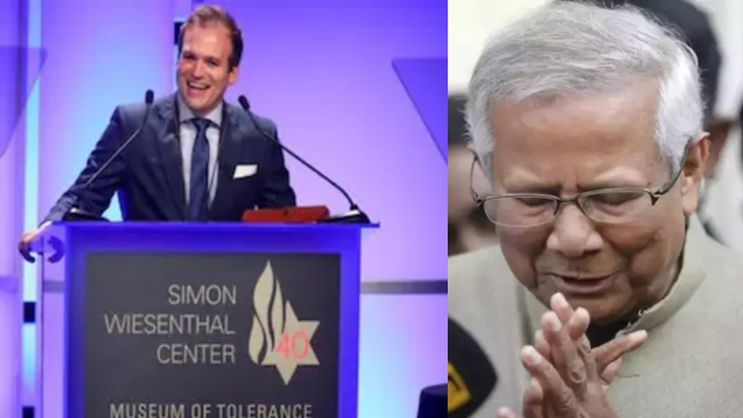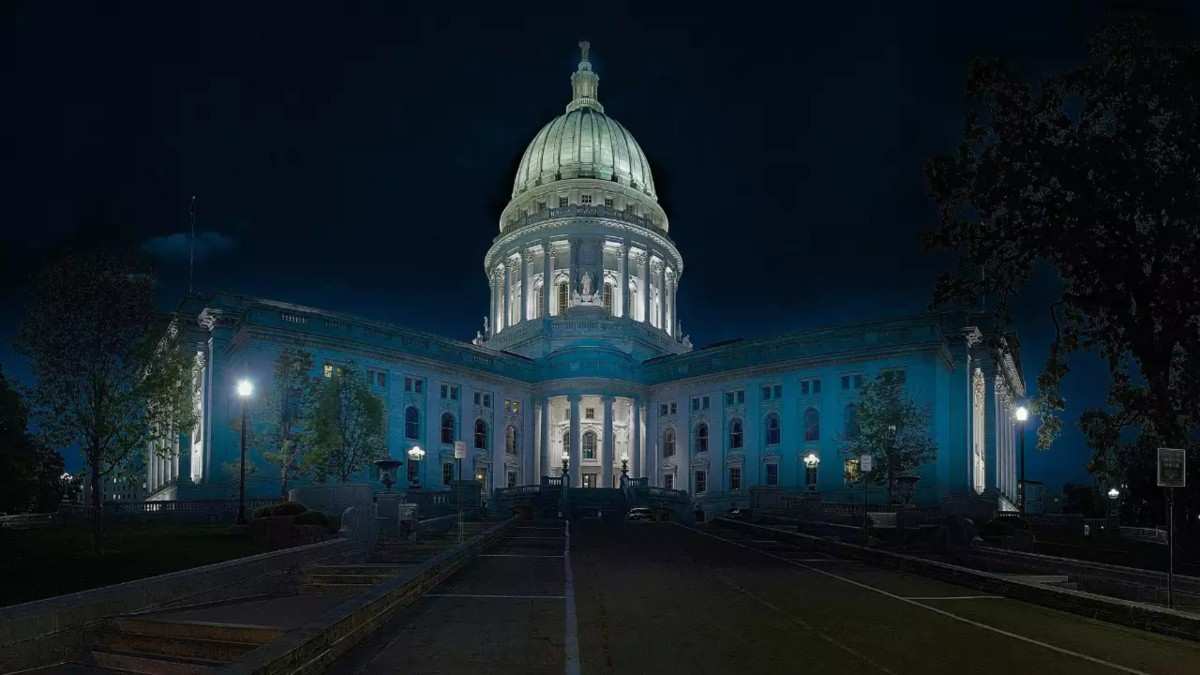
The Supreme Court in the case Narsi Creation Pvt Ltd and Anr. vs State of Uttar Pradesh and Ors observed and has reiterated that normally the courts ought not interfere with the arbitral proceedings, especially till the time the court does not pass the said award.
The Supreme Court in the case observed and has deprecated the practice of filing applications and has disposed of the Special Leave Petitions, SLPs in order to set aside the process of arbitration, while adding that the said application must not be entertained by the said court.
The bench comprising of Justice Krishna Murari and Justice Sanjay Karol in the case observed while dealing with the application filed in an SLP, the same is disposed of by the court, wherein referring the parties to arbitration under an Memorandum Of Understanding, MoU which is being executed between them.
Therefore, the applicant, the State of Uttar Pradesh, who being the respondent in the SLP, seek vacation of the status quo granted by the Arbitral Tribunal in the arbitration proceedings between the parties. Further, the same seeks to vacate the rights of the petitioner in the plea in relation to the disputed project.
The court in the case observed and has reckoned that despite being issued a notice, the applicant in the case did not appear before the Arbitral Tribunal and thus, the arbitration proceedings commenced without its presence. Thus, the Tribunal passed an order in order to maintain the status quo with respect to the disputed project till the present matter is disposal of. The counsel appearing for the applicant who is being present in the arbitral proceedings, no objection is raised to the same.
The bench in the case observed and took a note that now after the lapse of seven years, thus, the applicant in the case seeks vacation of the status quo granted by the Tribunal.
The court in the case observed that the relief seek by the applicant were issues that were already pending adjudication before the Arbitral Tribunal, and that no arbitral award had been passed with regards to the same. Further, the court in the case observed and has remarked that the provisions of the Arbitration and Conciliation Act,1996, as well as the catena of judicial pronouncements of this Court have time and again it has been stated that normally the courts ought not interfere with the arbitral proceedings, especially till the time the arbitral award is not being passed.














